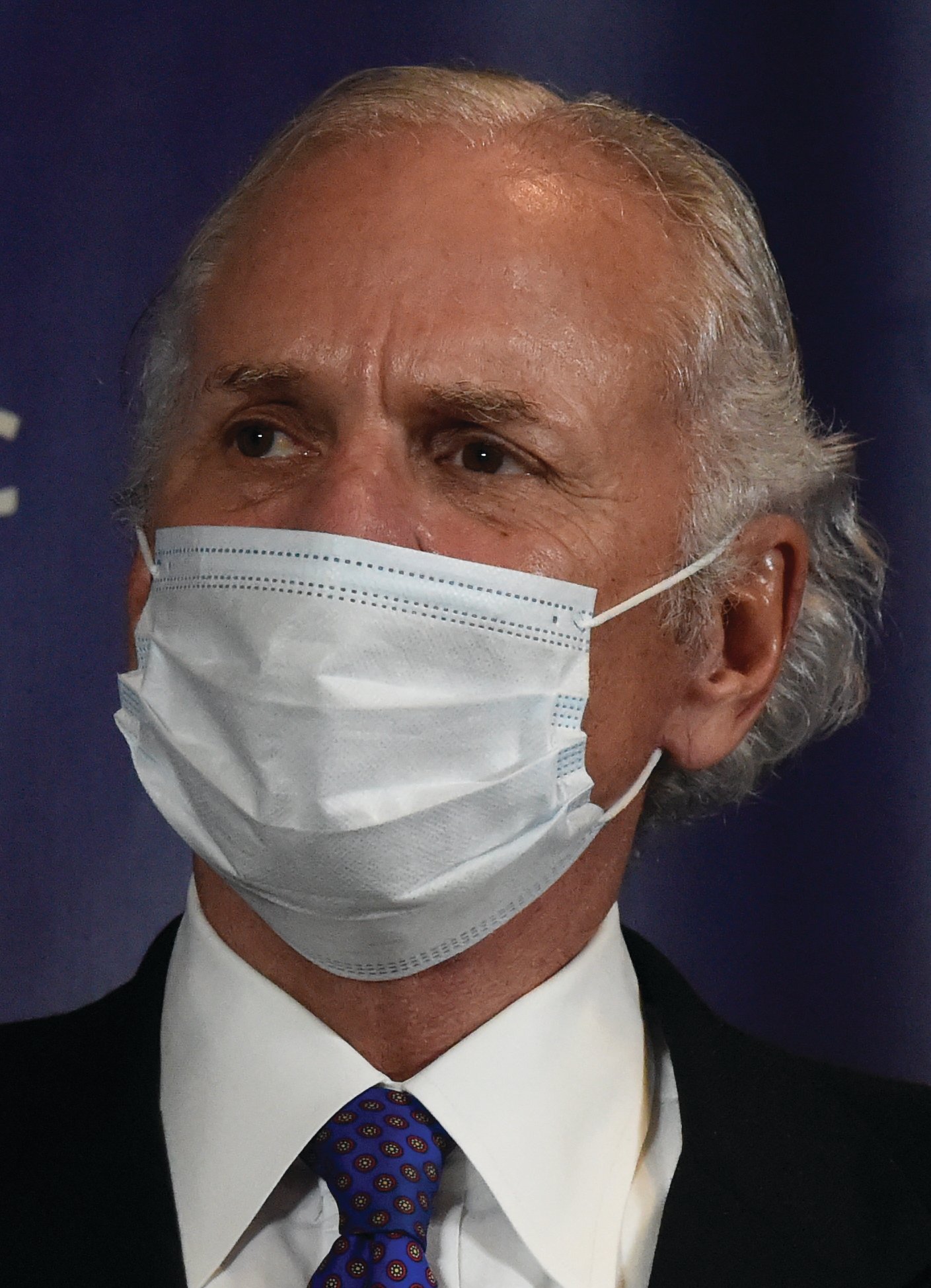High court again nixes S.C. governor's private school virus aid plan
The Associated Press
COLUMBIA - South Carolina's highest court again rejected Gov. Henry McMaster's plan to use $32 million in federal coronavirus relief to provide tuition grants for private schools, ruling Wednesday that spending public money this way is unconstitutional.
The unanimous decision by the state Supreme Court says the governor's decision to use federal CARES Act aid in this way "constitutes the use of public funds for the direct benefit of private educational institutions within the meaning of, and prohibited by" the South Carolina Constitution.
McMaster unveiled his plan for Safe Access to Flexible Education in July, effectively creating a one-time voucher program for parents who couldn't otherwise afford the expense of private school. The plan was immediately challenged in court.
Saying he wanted to give more families the option to send their children to private schools - especially if their own schools would not reopen for in-person instruction because of the pandemic - McMaster said during an event at a religious school in Greenville that the program would cover about 5,000 SAFE grants of up to $6,500 each for students to attend private schools this academic year.
The governor had called on all the state's schools to reopen classrooms five days a week, but many instead opted for virtual instruction or a combination of face-to-face and remote learning.
The money flows from the federal CARES Act, a relief package passed by Congress early in the pandemic that allocated more than $48 million to the Governor's Emergency Education Relief fund, to be spent at McMaster's discretion. McMaster decided that two-thirds of this money should support private schooling.
Wednesday's ruling was nearly identical to the high court's original rejection of the case in October, a decision justices agreed to reconsider at the request of McMaster, South Carolina's private colleges and federal officials.
Plaintiff attorneys argued that the South Carolina Constitution prohibits public dollars from directly benefiting religious or other private education institutions.
Attorneys for the state had said that torpedoing the plan would also put other established funding programs at risk, including higher education tuition grants, lottery scholarships and the South Carolina First Steps program.
More Articles to Read

